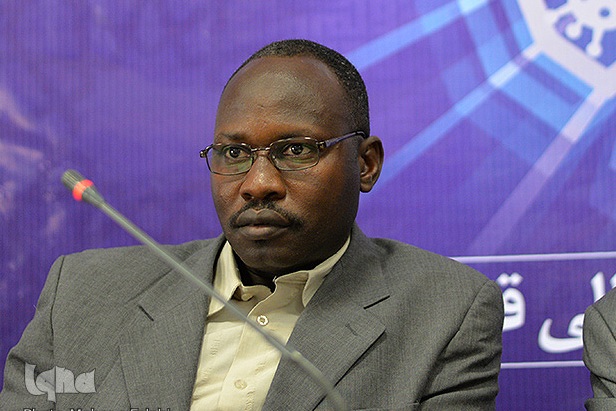Priorities in Futurology of Quranic Studies

In a paper in Arabic he provided to IQNA, Abdul Malik Omar Ahmed Idris, director of the Biology Department at the University of Gadarif in Sudan, notes that futurology is the science of understanding and shaping the future.
This field of knowledge has gained a prominent status in today’s world and entered different aspects of human life, including culture, politics, economy, etc, he says.
According to the scholar, futurology is not about prediction or foretelling but is about gaining an understanding about the future that can shed some light on what may happen tomorrow.
In this paper, Ahmed Idris underlines that the Muslim Ummah (community) has entered a new era in which it need renovation in Islamic thought and planning for the future, understanding the weaknesses and strengths, and using existing opportunities to counter threats.
Futurology, he says, is a scientific endeavor that can be helpful in this regard.
As for Quranic studies, the scholar notes that this field of knowledge has had different requirements in different eras.

In this paper, Mr. Idris cities the reasons why Muslims need Quranic studies in the contemporary world and then elaborates on the priorities in futurology of Quranic studies.
He says linguistic fields, such as Nahv (grammar), Balaqa (eloquence), Hadith, and Fiqh, as well as history, Asbab Nuzul (causes/ occasions of revelation), wisdom of Quranic commandments and injunctions, and ontology are among the fields that need to be focused on in futurology of Quranic studies.



